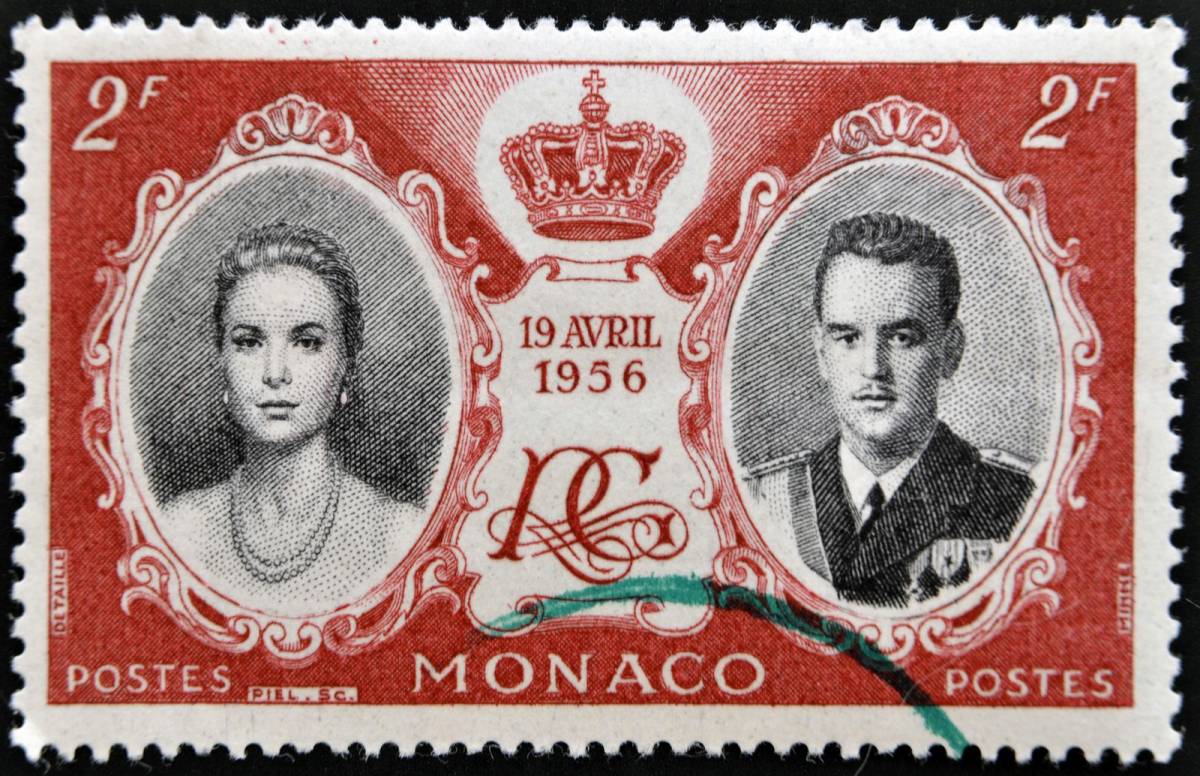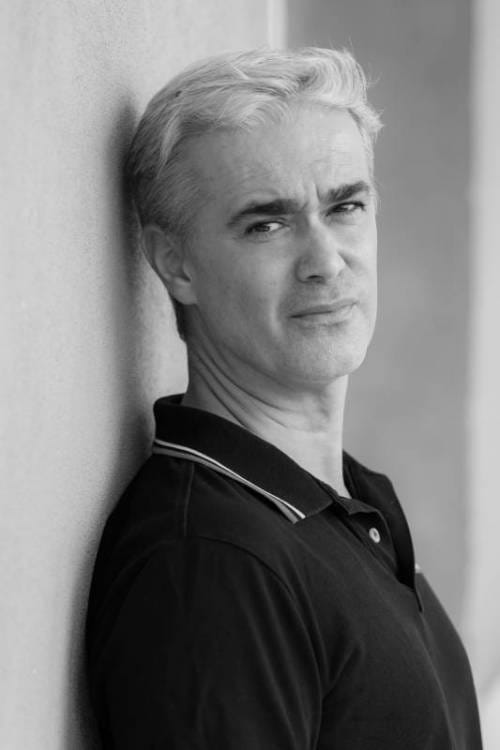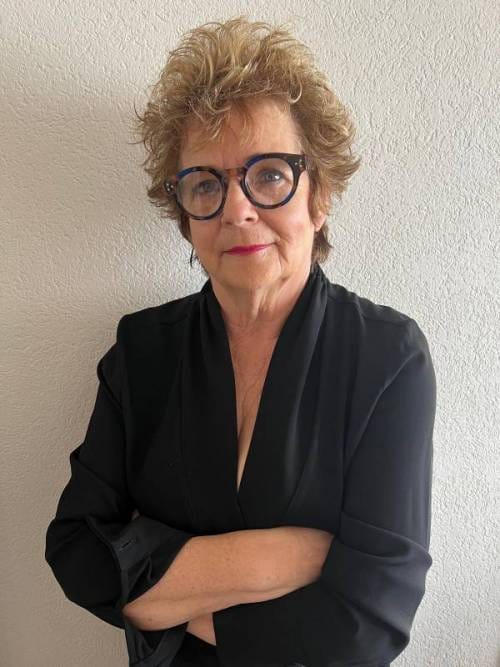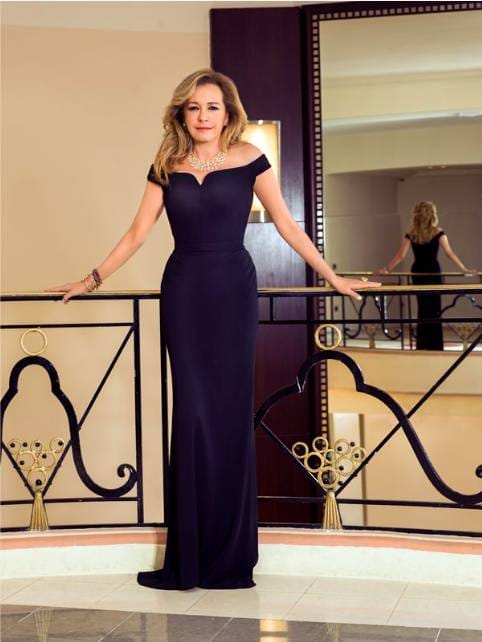Joël Bouzou is an Olympic champion and president and founder of Peace and Sport, a global organisation to foster peace, dialogue and reconciliation in areas of conflict throughout the world. He has been awarded several medals, including an Olympic Bronze for Modern Pentathlon, a gold medal for Youth and Sport in France and the Legion of Honour, France’s highest civil honour. He is also a personal advisor to HSH Prince Albert II. With all his achievements and accolades, Mr Bouzou remains incredibly humble, insisting that there is still so much to do. We were honoured to speak with this true humanitarian and learn about his passion for world peace, his unyielding drive to accomplish more and the fundamentals of having money. We can certainly all learn from his words of wisdom.
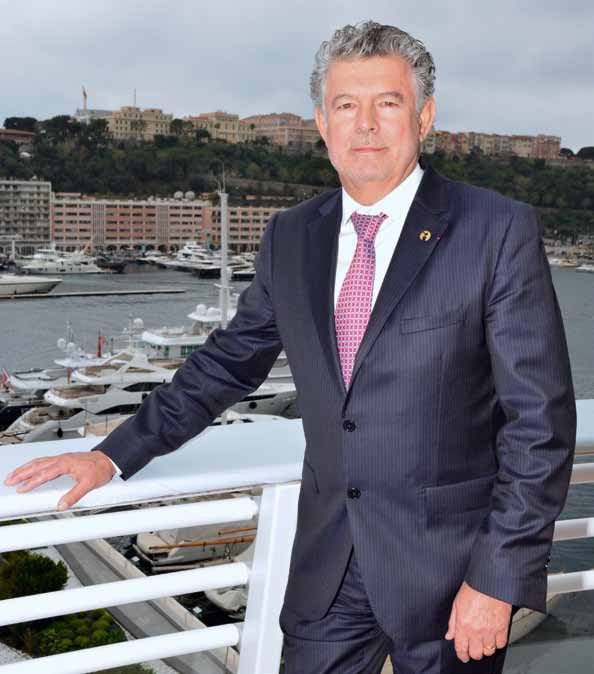
HelloMonaco: Do you think your sports achievements help you in your day-to-day activity?
Joël Bouzou: Yeah, absolutely. Sport taught me how to give the bestof myself. It’s also about purpose: you have a goal, it has sense for you and finally you are able to focus your energy on something. And I mean really focus. And if you are able to do that in sport, you can do it in other areas. But the fact you reach the top in your sport shows that yes, you have been able to demonstrate excellence and extreme focus. These qualities were inside and I expressed them in sport, and now I express them in other places. But sport has given so much to me that I had to put this energy at the disposal of others and try to give back what others had given to me. That’s one of the reasons of Peace and Sport today.
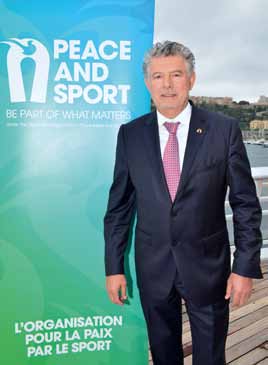
HM: How do you move from thinking to action? Is this a problem for you?
JB: It depends how strong you are with regard to the goal. If you have a clear goal, you put the energy into it. You don’t become a world champion in five minutes, or five days; or even in five years. How can you keep the motivation? I think you need to have intermediate goals, but you need to have a vision of where you want to go. So, you need to dream, to get the vision, but then you need to be very realistic when it comes time for the work, because it is also about work. And if you order the goals successively, and progressively, one day, maybe, you at least reach your best. And that’s the most important. I think that’s what champions do. How can they transform hope into a goal and into motivation and how can they keep this motivation from one level to another? It works with sport, with studies, with jobs, and many other areas of society.
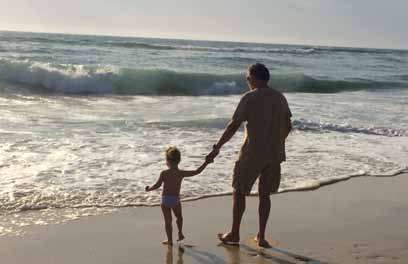
HM: Is it important for you to be in harmony with the universe? How do you find it?
JB: First, I think it is difficult to be in harmony with the world, if you are not in harmony with yourself. It is difficult to define what it is, but it is both intellectual and physical and it is also about confidence, mind opening, about accepting the differences and it does not block you from being willing to change the reality outside. I always think that there is a mountain — and there are many ways to climb a mountain. So, I have my way, others have other ways and they should be respected. And that’s also where you get in harmony with the world.
HM: Do you agree with the concept that if you don’t love yourself unconditionally, you cannot love anyone else?
JB: Yes, it’s true. You need to love yourself to love others. But it’s good to be loved to love yourself also. So it’s a very complex situation. It’s about exchange. If you are not able to give, you will never receive. I think if you are open to give and get so much pleasure in doing that, then it’s easy to be loved.
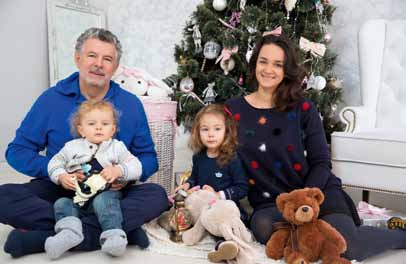
HM: Do you accept yourself unconditionally?
JB: I think, yes. It does not block me from trying to become a better person if it’s possible, but I try my best, so yes, I would say. But you say you accept yourself «unconditionally» if you see in the eyes of the others that they accept you like that. If they accept you like that, maybe you are on the right track.
HM: What is love for you?
JB: First, I think if we speak about love between two persons, if you can explain it, you’re wrong. Because I don’t think you can explain it. It is so deep, it is nearly something that is stronger than you and takes the power from you. And that’s the person you love. I think love is the feeling you have when you like so much someone that you don’t expect anything in return. You just want to be nice with the person, take careof the person. You just want to make the person happy. And it’s not about money, it’s not about material things, it’s about happiness. It is something you feel, but you cannot explain. I have this image of when I met my wife. The two of us were in colour and the world outside was in black and white. And that was the kind of evidence you cannot explain.

HM: What are your criteria for being happy?
JB: I would say that I am happy because I have purpose in my life. I do actions, which for me have sense and as soon as I reach the goal in these actions, that makes me happy. I am happy because sometimes I am able to transform the life of a kid who is 14 years old, in a third world country like Burundi. A 14-year-old kid is head of a family. He’s not going to school because only 10 % of the kids go to school. And that brings a lot of emotion to me, but if I’m able to change the life of this kid by my actions, then yes, that makes me happy. If I contribute to help resolving some conflict problems between communities through my actions, that makes me happy.
HM: Are you successful?
HM: What role does money play in your life?
JB: It would be stupid and hypocritical to say that money is not important. It is. But it is not a goal. Many people say different things, but if you are hungry,you cannot be happy, frankly. And I see this in the activities that I have.When we talk about peace through sport and peace programs, you cannot implement peace solutions if people are every day hungry. Of course, they need to eat and if they don’t eat, they are not going to do sport, and you are not going to implement a peace through sport solution. To eat, you need to have the capacity to sustain yourself, and sooner or later, it is connected to money. The question is, how much money do you need to be happy? Once you have enough, if you can make your family and the people around you happy, why do you have to run after more and more? Accumulating, for me,is not a goal. Living comfortably — yes. Comfort contributes to making you happy. But becoming a billionaire is not my goal, and will never be my goal. I have more important things to do in life.
HM: Do you think that Monaco has changed in the last 10 years?

